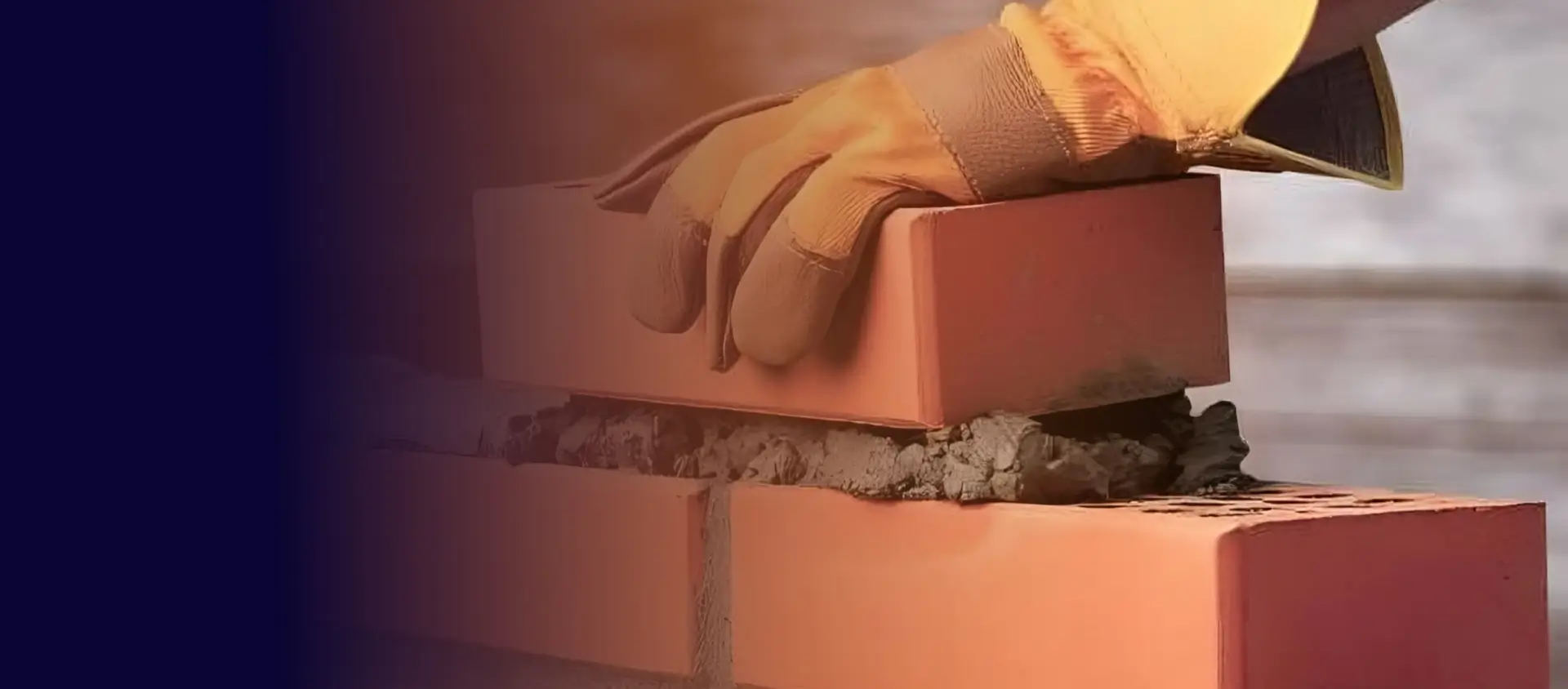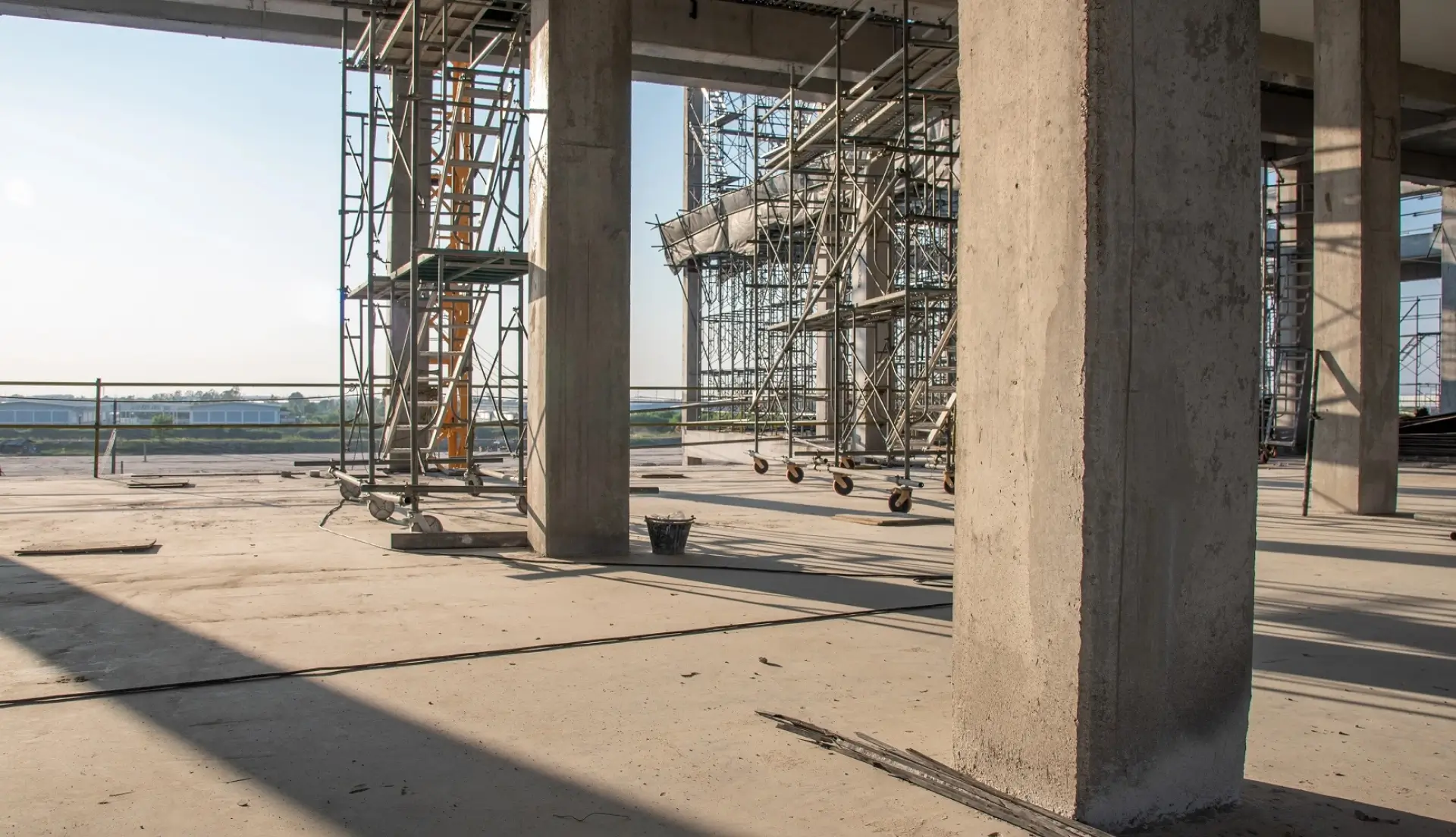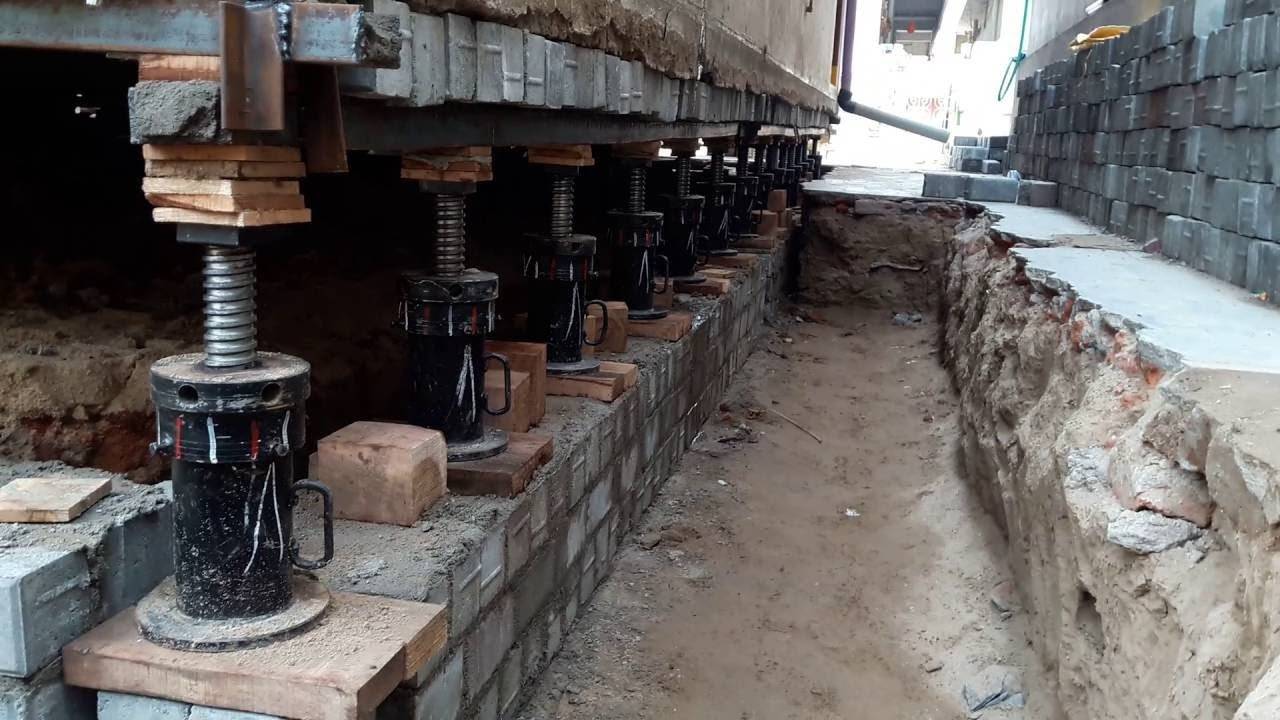When it comes to selling a home, buyers tend to focus on curb appeal, kitchen upgrades, and a sturdy foundation. But what happens when your home has uneven floors? If you’re trying to sell a house with sloping or uneven flooring, you might wonder how this issue will impact the sale.
Uneven floors can raise red flags for buyers and potentially lower the value of your home, but does that mean selling is impossible? The answer is no—you can sell a house with uneven floors, but you need to approach the sale strategically.
In this article, we’ll explore the challenges of selling a house with uneven floors, how to address the issue, and what you can do to maximize your chances of selling successfully.
Key Takeaways
- Uneven floors can be a sign of foundation issues, which may concern potential buyers and lower the perceived value of the home.
- You can still sell a house with uneven floors, but it’s important to be upfront with buyers and consider offering repairs or concessions to address the issue.
- Conducting a professional inspection, getting a foundation report, and making strategic repairs can increase your chances of selling successfully.
Why Do Houses Have Uneven Floors?

Before diving into whether or not you can sell a house with uneven floors, it’s helpful to understand why floors become uneven in the first place. Uneven floors are often a symptom of underlying foundation problems, but they can also occur for other reasons.
1. Foundation Settling
Foundation settling is one of the most common causes of uneven floors. As the soil beneath a house shifts over time, certain parts of the foundation may settle unevenly, causing the floors to slope or warp. This is especially common in older homes or houses built on clay-rich soil, like the Texas Gulf Coast, where expansive soil movement is a known issue.
2. Aging Structural Components
In older homes, wooden floor joists and beams can weaken, sag, or warp due to age, moisture, or termite damage. This can cause the floors to feel uneven or bouncy. While this might not always indicate serious structural problems, it’s still an issue that buyers will notice.
3. Water Damage
Water damage is another frequent cause of uneven floors. If water is allowed to pool around the foundation or seep into the crawlspace, it can erode the soil and weaken the foundation, leading to settling and sloping floors. Leaking pipes or poor drainage around the home can also contribute to this issue.
4. Poor Construction
In some cases, uneven floors are the result of poor construction practices. If the foundation wasn’t properly prepared or the materials used were substandard, the house may develop uneven floors over time. This is less common, but still a possibility, particularly in older homes that weren’t built to modern standards.
How Uneven Floors Affect the Sale of a House
While uneven floors may not be a dealbreaker for every buyer, they can certainly complicate the selling process. Here’s how uneven floors can impact the sale of your home:
1. Foundation Concerns
Uneven floors are often seen as a sign of foundation issues, which can be a major concern for potential buyers. Foundation problems are one of the most expensive home repairs, and buyers may worry that purchasing a home with uneven floors could lead to costly repairs down the road. Even if the foundation is structurally sound, the perception of a potential problem can lower the home’s value.
2. Home Inspections
If your house has uneven floors, it’s likely that the issue will be flagged during a home inspection. Home inspectors are trained to look for signs of foundation problems, including sloping floors, cracks in the walls, and gaps between the floor and baseboards. Once the issue is brought to light, buyers may become hesitant to move forward with the purchase unless the problem is addressed.
3. Reduced Home Value
Depending on the severity of the unevenness, your home’s value may be reduced to account for the cost of potential repairs. Buyers may ask for a price reduction or request that you make repairs before they agree to buy the house. If the floors are significantly uneven, it could lower the perceived value of the home and affect your ability to get the asking price.
4. Buyer Hesitation
Uneven floors can be a turnoff for some buyers, especially if they don’t fully understand the cause or the potential costs of fixing the problem. Even if the issue is relatively minor, the visual and physical impact of sloping floors may cause buyers to hesitate or walk away from the deal altogether.
Can You Sell a House with Uneven Floors?

The short answer is yes, you can sell a house with uneven floors. However, selling a house with any type of defect—especially one that may indicate foundation issues—requires transparency, strategy, and possibly some repairs or concessions. Here are some options for selling a house with uneven floors:
1. Be Honest and Upfront
One of the most important things to do when selling a house with uneven floors is to be honest and upfront with potential buyers. Trying to hide the issue or downplay its significance can backfire if it’s discovered during the inspection process. Instead, disclose the problem from the beginning and provide as much information as possible.
Transparency helps build trust with buyers and can prevent the deal from falling apart later in the process. Some buyers are willing to take on homes with minor issues, but they’ll want to know about it upfront rather than discovering it during an inspection.
2. Get a Professional Inspection
Before putting your home on the market, it’s a good idea to hire a professional to inspect the foundation and determine the cause of the uneven floors. A foundation expert or structural engineer can assess the severity of the problem and provide a report detailing the findings. This report can be shared with potential buyers to give them a clearer understanding of the issue and what may need to be done to fix it.
Having a professional inspection can also help you set a fair price for your home. If the issue is minor, the report may help alleviate buyer concerns. If the problem is more significant, the report can provide an estimate for the necessary repairs, which you can factor into your asking price.
3. Consider Making Repairs
In some cases, it may be worth investing in repairs before selling your home. Fixing uneven floors or addressing the underlying foundation issues can make your home more appealing to buyers and help you get a better price. Here are some common repair options:
Hydraulic Jacking
If the uneven floors are caused by foundation settling, hydraulic jacking may be used to lift the house back to its original level. This involves using hydraulic jacks to raise the foundation and installing additional supports, such as steel piers or concrete blocks, to stabilize the structure.
Slabjacking or Mudjacking
For homes with slab foundations, slabjacking may be an option. This involves injecting a mixture of cement, sand, and water beneath the foundation to lift it back into place. Slabjacking is a less invasive and more affordable solution for minor foundation issues.
Reinforcing Floor Joists
If the uneven floors are caused by sagging floor joists or weakened beams, reinforcing or replacing the damaged wood may solve the problem. This is often the case in older homes where the structural components have weakened over time.
4. Offer a Concession
If you’re unable or unwilling to make repairs before selling, consider offering a concession to the buyer. This could be in the form of a price reduction, a credit toward repairs, or an agreement to pay for a portion of the repair costs after the sale is complete.
Offering a concession can make your home more attractive to buyers who are willing to take on the repairs themselves. It also helps offset the cost of fixing the uneven floors and gives the buyer more flexibility in how they address the issue.
5. Sell the House As-Is
Another option is to sell the house as-is. This means you sell the house in its current condition without making any repairs or concessions. Selling as-is can attract buyers who are looking for a fixer-upper or investors who are willing to take on a property with some issues.
However, selling as-is may result in a lower sale price, as buyers will likely factor in the cost of repairs when making an offer. Additionally, some buyers may be wary of purchasing a home with uneven floors without knowing the full extent of the foundation problems.
6. Set a Realistic Asking Price
Whether or not you choose to make repairs, it’s important to set a realistic asking price that reflects the condition of the home. If the uneven floors are a significant issue, you may need to lower your price to account for the cost of repairs. Working with a real estate agent who has experience selling homes with foundation issues can help you determine the best asking price.
Conclusion
So, can you sell a house with uneven floors? Absolutely—but it requires transparency, careful planning, and possibly some compromises. Uneven floors can be a red flag for buyers, but by addressing the issue upfront, getting a professional inspection, and considering repairs or concessions, you can still sell your home successfully.
Whether you decide to fix the floors before selling or offer the house as-is, being honest with buyers and setting a fair price will go a long way toward closing the deal.
FAQs
1. How much does it cost to fix uneven floors?
The cost of fixing uneven floors varies depending on the cause of the problem and the method used. Minor issues may be fixed for a few thousand dollars, while more significant foundation repairs can cost $10,000 or more.
2. Will uneven floors affect the value of my home?
Yes, uneven floors can lower the perceived value of your home, especially if they are a sign of foundation issues. Buyers may ask for a price reduction or request repairs before purchasing the home.
3. Can I sell a house with foundation problems?
Yes, you can sell a house with foundation problems, but you need to be upfront about the issue and be prepared to offer repairs or a price concession. Some buyers may be willing to purchase the home as-is, but it may affect the sale price.
4. Should I fix uneven floors before selling my house?
Fixing uneven floors before selling can make your home more attractive to buyers and help you get a better price. However, if the repairs are costly, you may choose to offer a concession or sell the house as-is.
5. How do I know if uneven floors are a serious problem?
If your floors are uneven, it’s best to have a professional inspect the foundation to determine the cause. A structural engineer or foundation expert can assess the severity of the issue and recommend the best course of action.





